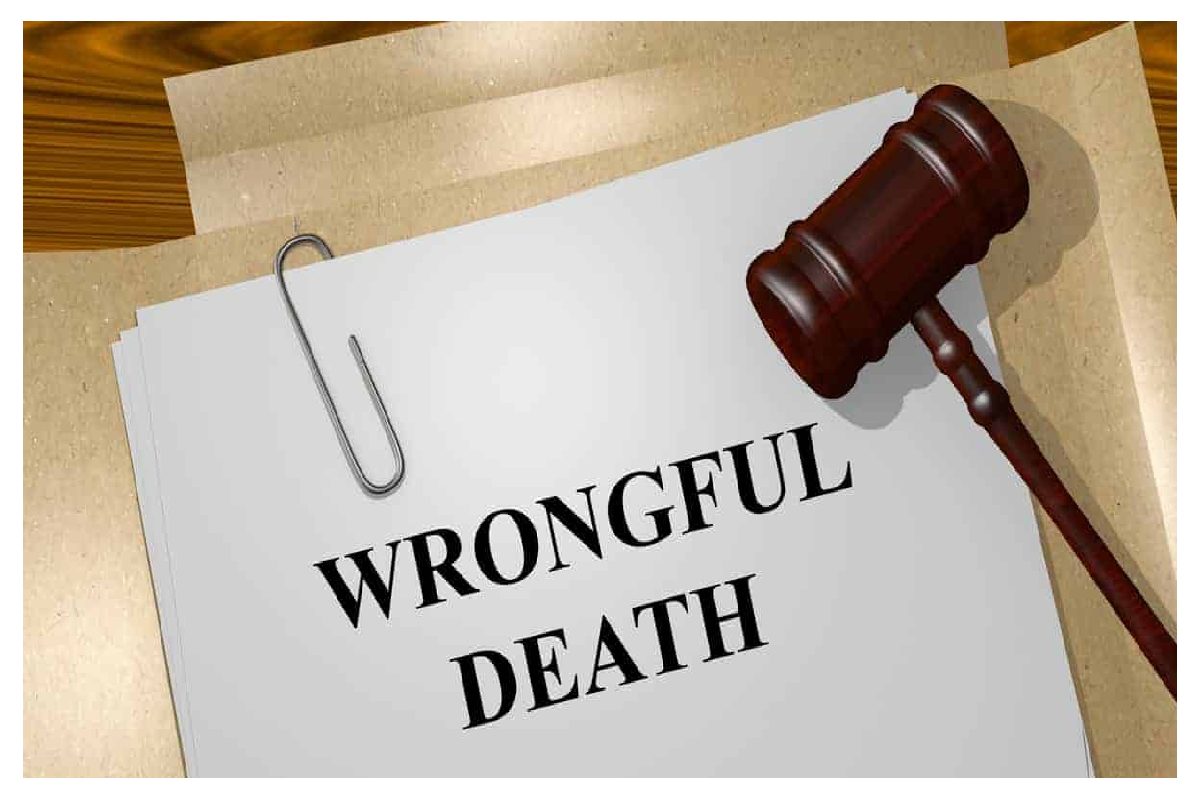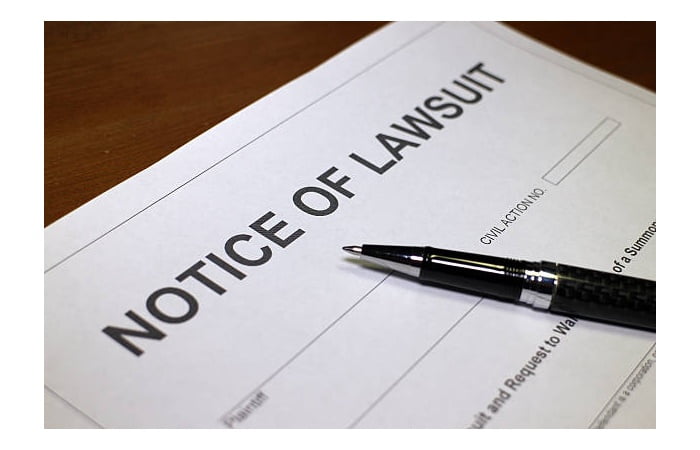
Can a personal injury case also be a wrongful death lawsuit?
Can a personal injury case also be a wrongful death lawsuit? – Wrongful Death refers to a particular type of personal injury case where the victim dies, and the estate or family members of the deceased receive compensation. Wrongful death is one type of personal injury case. Most state statutes contain provisions regarding wrongful death and personal injuries. It also covers other types of negligence.
You can also file a civil lawsuit for wrongful death with the help of wrongful death attorneys in Philadelphia if someone caused harm to you or your family member, just like in other personal injury cases.
You may be eligible for legal relief if you have suffered the loss of a family member because of negligence by another party. This includes economic and non-economic wounded such as loss or companionship, support, and financial.
Table of Contents
A Wrongful Death Claim

If a person dies as a result of the wrongful act of negligence, default or breach of contract, survivors or the estate may file a civil suit.
Only the personal representative listed in the will of the deceased can bring a wrongful death suit. The court will appoint a private representative if there is no will or estate plan. Also, the claim must list all surviving relatives and any survivors.
- The following family members may be eligible to receive awards:
- The spouse, children, or parents of the deceased.
- Adoptive sibling or blood relative who is dependent on the deceased for support and services.
- Children born to unmarried parents may be entitled to compensation in a personal injury case for wrongful death. This applies if their mother has died or if the father has formally acknowledged and contributed to the child’s support.
These are some common personal injury cases that could lead to wrongful death:
- Accidents involving motor vehicles and cars
- Work-related injuries
- Transport accidents
- Construction accidents
- Accidents in public places
- Dog attacks
- Burns
- Electrocutions
- Medical malpractice
- All kinds of accidents that cause injuries
A Personal Injury Suit Can be Used to Provide Evidence in a Wrongful Death Case
Wrongful death is a form of personal injury. You will need to prove that another person or entity did not use reason able care under similar circumstances. A lawyer or you must prove that the negligence of this person caused the death. Your wrongful death lawyer must show the following elements:
- The defendant was reckless and negligent or committed a wrongful act or negligence or default that would amount to a break of contract or warranty.
- Your loved one died because of this negligent behavior.
- If the death had not happened, the deceased person would be eligible to receive awards in a personal injuries lawsuit.
Negligent conduct is exemplified by:
- A doctor who fails to diagnose serious illness is guilty of medical malpractice.
- A crime such as murder in a robbery.
- A drunk driver causing an automobile accident.
- Defective medical implant that led to a fatal infection.
If the victim of these crimes died, the victim can file a personal injury claim. The survivors may file a personal injury case if the victim dies from the same acts.
Recipients of Awards
You may be awarded compensation for economic and non-economic losses. Surviving relatives may be eligible for compensation for:
- Assistance and services for the decedent
- Loss of and guidance.
- Suffering and mental pain.
- Survivors pay for funeral and medical expenses.
The following compensation may be available for the estate of the deceased:
- Benefits and lost wages
- The estate could lose any future earnings it had reasonably earned.
- The estate pays for funeral and medical expenses.
Punitive awards may be available if the person who caused the death was reckless or intentional.
Time Limits in a Wrongful Death Lawsuit
Family members have generally two years from the date of death to file a lawsuit in court. There are few exceptions to this rule that could change the time frame:
- Medical malpractice.
- Homicides, and murder.
- Government entity
The two-year statute begins to run for minor children when they turn 18 years.
THE DIFFERENCE ENTIRELY BETWEEN WRONGFUL SURPRISAL ACTION AND WRONGFUL DEATH
A wrongful death lawsuit allows surviving relatives to sue for damages for the emotional and economic impact of a deceased person’s death.
A lawsuit for Survival action may allow certain relatives to receive financial awards that the deceased would have received if they had lived.
It can be tricky to file a lawsuit for a decedent family member or continue a lawsuit that a relative started before their death. Understanding the differences between wrongful death and survival action will help you to understand what type of case you might have.
A family member can claim any of the damages listed above in a claim for wrongful deaths. If the estate of the deceased person files a claim for survival, they would be entitled to all the above types of damages if they had received them as if they were alive.
You may be entitled to additional losses. An attorney can help you distinguish between wrongful death and survival action and determine the financial value of each type.
Compensation if a Personal Injury Results in Wrongful Death
Each case is different and individual, so it requires a thorough review. There may be compensation for funeral and medical expenses, future earnings and lost wages, pension and retirement benefits and loss of care and comfort.
A lawsuit for survival means that a lawsuit filed by your loved one does not automatically terminate a lawsuit they had started before their death. You have a limited time window to pursue their lawsuit for a monetary award.
Failure to file a suit within the predetermined time frame could result in a lawsuit being barred from being filed at any future date.


